What is Jyotish? A Beginner's Guide to This Ancient Indian Science
22 March, 2023
Jyotish, commonly referred to as Vedic astrology, is a traditional kind of astrology that has its roots in India and dates back thousands of years. It is predicated on the idea that a person's personality, relationships, and future life events may be affected by the placements of the planets, stars, and other celestial bodies at the moment of their birth. Jyotish is unique in its use of the sidereal zodiac and is deeply rooted in Indian spiritual traditions.
We will examine the foundations of Jyotish in this beginner's guide, covering the birth chart, the significance of karma and dharma, and how Jyotish may provide advice on numerous facets of life. Sattva Yoga Academy will provide you with a strong basis for further investigation, whether you are interested in astrology or want to learn more about Jyotish. You will also understand the Vedic Astrology Course.
Understanding Ancient Indian Science
Jyotish uses a birth chart, a diagram that depicts the positions of the planets at the time of a person's birth, to throw light on many aspects of a person's life. There are 12 houses in the birth chart, each of which represents a distinct aspect of life, including work, relationships, and spirituality. A person's personality and experiences can be influenced by the planets in their birth chart since they are linked to certain traits and energies.
Jyotish employs the sidereal zodiac, which is based on the actual positions of the planets in the sky, as opposed to the tropical zodiac used in Western astrology, which is based on the seasons. The cornerstone of many of the jyotish beliefs, which have a strong base in Indian spiritual traditions, is built around the ideas of karma and dharma.
Jyotish can offer guidance on a range of life difficulties, such as employment, connections, health, and spiritual growth. By looking at the positions of the planets and their interactions with one another, a Jyotish astrologer can offer insights into a person's current life circumstances and suggestions on how to handle them.
This beginner's guide to astrology offers a strong basis for continued study of this traditional Indian subject, whether you are new to it or want to deepen your grasp of Jyotish.
Jyotish Understanding Course
To teach people how to efficiently practice Jyotish or Vedic astrology, training programs are developed. These courses might range from basic ones for newcomers to more difficult ones for seasoned astrologers.
The history and philosophy of Jyotish, the fundamentals of astrology, the use of the birth chart, the interpretation of planetary positions, and the application of Jyotish to various spheres of life, including career, relationships, and spirituality, are all common topics covered in Jyotish training courses.
A Jyotish training course's curriculum could also contain hands-on activities and case studies to assist students in applying their learning to actual circumstances. Such programmes may also provide students with the opportunity to get practical instruction from seasoned astrologers, allowing them to watch and absorb their methods.
Jyotish training programs are available both online and offline, with varying degrees of certification and durations of study. Some classes may be self-paced, while others may need a specific schedule and attendance. Astrologers who already hold certification may receive continuing education credits from these courses.
Programs for Online jyotish course may be a fantastic way for people to learn more about this age-old Indian science and hone their Jyotish abilities.
You can begin with the Certified Jyotish Training: Vedic Astrology Course (Level 1) and later advance to the Jyotish Course Level 2 – Advanced Studies of the Sacred Science to deepen your knowledge. to deepen your knowledge.
Conclusion
Jyotish is an ancient kind of astrology with roots in India that extend back thousands of years. It is based on the notion that an individual's personality, relationships, and subsequent life events can be influenced by the positions of the planets, stars, and other celestial bodies at the time of birth.
Jyotish employs a birth chart to give insights into numerous elements of an individual's life, such as work, relationships, health, and spiritual growth. With many of its tenets based on the ideas of karma and dharma, it is distinctive in its use of the sidereal zodiac and is profoundly entrenched in Indian spiritual traditions.

